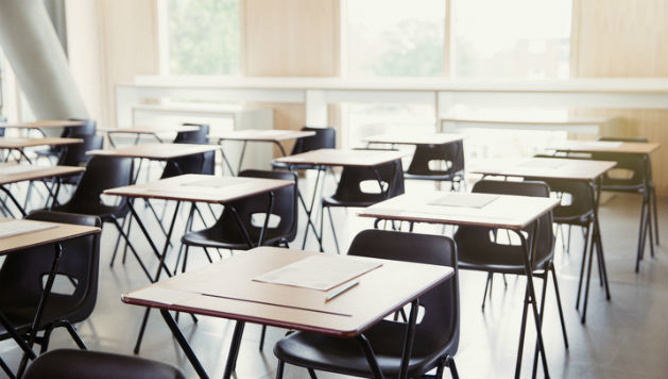
More school students are being stood down and suspended from New Zealand schools, as educators raise concerns about behaviour.
Vaughan Couillault, President of the Secondary Principals Association of New Zealand, and Principal at Papatoetoe High School in Auckland believes the figures are down to worsening student behaviour, with Covid-19 measures having played a role.
Ministry of Education data shows in 2023 there were 22,080 stand-downs, up from 18,677 in 2022 and 16,487 in 2019 before Covid-19 pandemic restrictions closed schools for periods of time.
Last year, there were 3,124 suspensions up from 2,483 the year prior and 2,987 pre-pandemic.
There were 1,241 exclusions in 2023, up from 852 in 2022 and 1,052 in 2019. An exclusion is the formal removal of a student aged under 16 from the school and there is a legal requirement that they are enrolled in education. An expulsion is the formal removal of a student aged over 16 and the student is not required to enroll elsewhere but may be supported to do so. In 2023, 104 students were expelled, higher than 98 in 2022 but lower than <143 in 2019.
“Schools don’t really want to do stand-downs and suspensions, they are the highest order discipline interventions you can engage in, it really is linked to the behaviour students are presenting with,” Couilault said.
At secondary school level, students who were significantly disrupted through Covid-19 when they were in intermediate school, or about to enter it, seem to be lacking some behaviours, as they did not have the opportunity to learn positive social behaviours as they moved into adolescence, he said.
“The behaviours that we’re seeing in the secondary space, particularly year nine and 10 students in the past couple of years, has increased in quantum and increased in its acuteness.”
Couillault believes societally, there needs to be a look at what community support is available for students behaving at that level, as they often have a raft of issues which may stem from mental health concerns, poverty or neglect.
The data follows research from the Education Review Office that found disruptive behaviour in New Zealand classrooms is worse than in other countries and is a rapidly growing problem.
A quarter of principals told ERO they see students harm others and damage or take property at least every day. Three-quarters of teachers reported disruptive behaviour impacting students’ progress.
Shannon Johnstone is a journalist at Newstalk ZB based in Auckland covering education and general news. She joined Newstalk ZB in 2021 and previously worked at Hawke's Bay Today.
Take your Radio, Podcasts and Music with you









